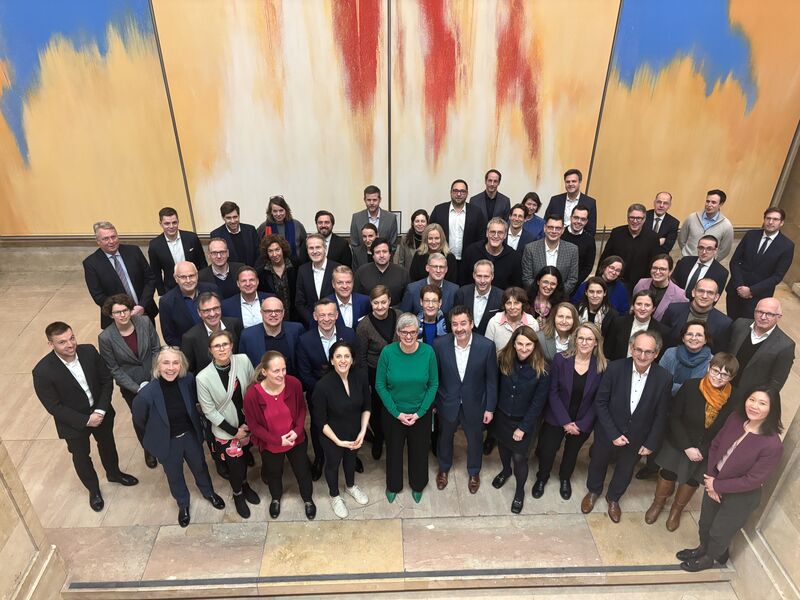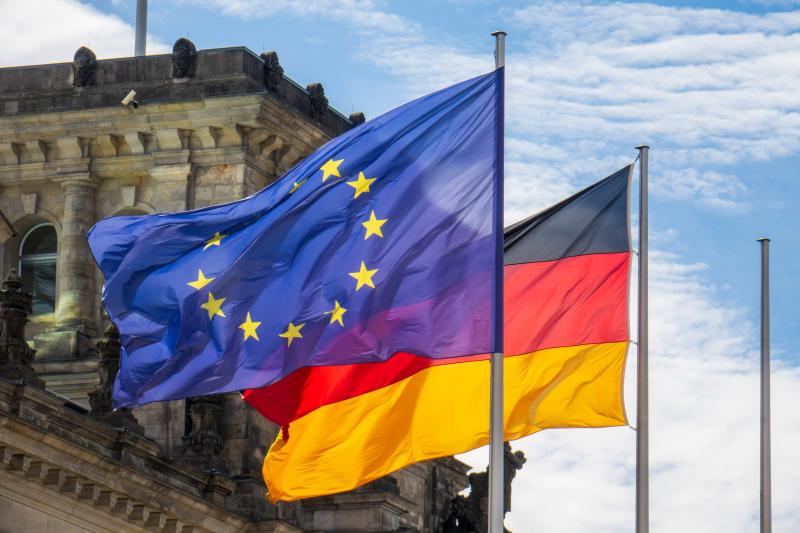Berlin — ESG News: Germany’s Federal Ministry of Finance is preparing to reinstate its Sustainable Finance Beirat, the national advisory board tasked with guiding the country’s sustainable finance strategy. The decision follows a period of quiet after the federal elections. According to a ministry spokesperson, as cited by Tagesspiegel Background, the government is aiming to have the Beirat operational again before the end of the year. The board, composed of leading figures from both the real economy and the financial sector, will help position Germany at the forefront of sustainable investment policy.
“With the help of experts from the real economy and the financial sector, we want to position Germany as a pioneer when it comes to issues related to financing sustainable investments,” the spokesperson stated.
The ministry added that part of the new mandate would focus on reducing bureaucracy and streamlining reporting requirements to accelerate the financing of sustainable business models and clean technologies.
The Sustainable Finance Beirat had played a key role in shaping Germany’s green finance landscape, offering recommendations that contributed to both national and EU-level regulatory developments. Its reinstatement signals a renewed push to align financial policy with environmental, social, and governance (ESG) objectives—especially critical as Europe prepares to deepen its climate commitments and green economic transition.
“We are currently preparing all necessary steps for this,” the spokesperson concluded.
What is the Sustainable Finance Beirat?
Germany’s Federal Ministry of Finance is preparing to reinstate its Sustainable Finance Beirat, the national advisory board tasked with guiding the country’s sustainable finance strategy. The decision follows a period of quiet after the federal elections. According to a ministry spokesperson, as cited by Tagesspiegel Background, the government is aiming to have the Beirat operational again before the end of the year. The board, composed of leading figures from both the real economy and the financial sector, will help position Germany at the forefront of sustainable investment policy.
The Sustainable Finance Beirat (SFB) is Germany’s official Sustainable Finance Advisory Committee—an independent, multi-stakeholder body set up by the federal government to shape and support its sustainable finance strategy. It brings together experts from the financial sector, real economy, academia, and civil society to advise on how to build Germany into a leading center for sustainable finance, balancing financial stability with environmental and social goals.

Origin & Structure
First established: June 6, 2019.
Chairs: Silke Stremlau (Chair) and Christian Heller (Vice‑Chair) were elected by committee members
Composition: Composed of honorary members from industry, finance, academia, and civil society, supported by permanent observers and, when needed, external experts
Key Roles & Activities
Policy advice: Guides the German government on sustainable finance policymaking and implementation, with a keen eye on market stability and international alignment
Strategy development: Plays a central role in refining Germany’s Sustainable Finance Strategy, including inputs to EU frameworks (e.g., SFDR, CSRD), standard-setting, disclosure requirements, and risk management
Publications & recommendations: Issues position papers and reports. For example, they’ve urged improvements in ESG engagement, offered proposals on EU disclosure standards, and released a compendium outlining the financing architecture for Germany’s economic transformation
National & international coordination: Serves as Germany’s voice in global sustainable finance platforms such as the EU’s International Platform on Sustainable Finance and the Network for Greening the Financial System
Transformation finance: Focused on mobilizing private capital for climate, biodiversity, and ESG-aligned investments—helping shape frameworks like green bonds, transition plans, and banking supervision standards
This development was first reported by Tagesspiegel Background, which received confirmation directly from the Ministry of Finance.

